Episodes
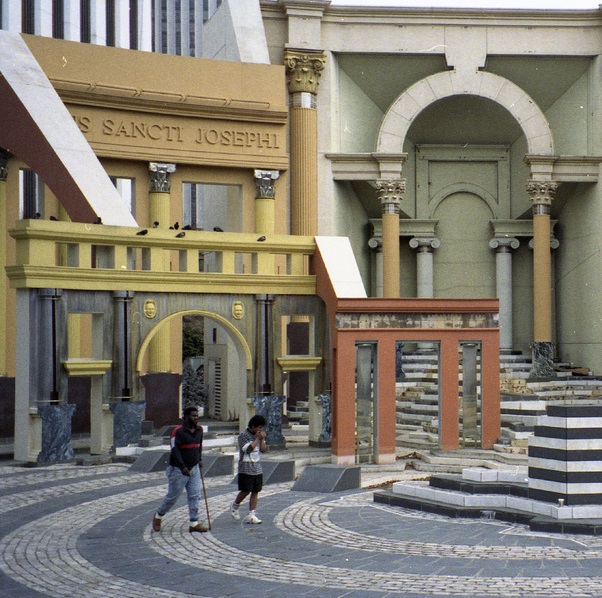
Tuesday Jun 20, 2017
Modernity, Postmodernity, and Beyond, Part 2 with Dr. Thaddeus Kozinski
Tuesday Jun 20, 2017
Tuesday Jun 20, 2017
We live in a postmodern culture. It’s something we did not choose and cannot avoid. And, as Wyoming Catholic College Academic Dean Dr. Thaddeus Kozinski argued last week, it’s not an entirely bad state of affairs since modernity was rife with problems—problems highlighted by two world wars and the tyranny of ideologies falsely branded as scientific.
This week Dr. Kozinski looks deeper into postmodernity and some of the conflicts within our current culture. We'll discover that understanding postmodernity is thus necessary to understand the world in which we live, ourselves, our children, and the prospects for the future.

Tuesday Jun 13, 2017
Modernism, Postmodernism, and Beyond, Part 1 with Dr. Thaddeus Kozinski
Tuesday Jun 13, 2017
Tuesday Jun 13, 2017
The term “postmodern” is used regularly today. Barak Obama was dubbed the first postmodern president. ISIS has been called a postmodern terrorist group. Postmodernism, we’re told, has taken over higher education and is a threat to Western civilization and to Christianity. At the same time, there are churches that cheerfully brand themselves as postmodern.
So what is Postmodernism? Is it a philosophy? A means of analysis? An aesthetic? An attitude? Is it a reaction against the rationalism, scientism, and authority of modernity? Is it an attempt to unmoor and destroy Western civilization?
To answer at least some of those questions this podcast and the one next week feature Dr. Thaddeus Kozinski who, among other things, teaches Martin Heidegger, Jacques Derrida, Michel Foucault, and other postmoderns to seniors here at Wyoming Catholic College.
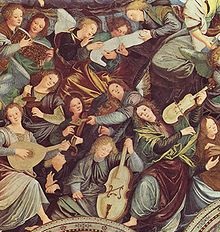
Tuesday Jun 06, 2017
Great Music Amid the Great Books with Dr. Peter Kwasniewski
Tuesday Jun 06, 2017
Tuesday Jun 06, 2017
While Dr. Peter Kwasniewski is Professor of Theology and Philosophy, he also teaches courses on music and art, emphasizing the importance of the beautiful along with the good and the true.
Ignorance of the great works of music, he wrote at The Imaginative Conservative, “is as bad for someone who seeks to be educated in Western (and Catholic) culture, as ignorance of Dante and Shakespeare in literature, Plato and Aristotle in philosophy, Augustine and Aquinas in theology.”
Dr. Kwasniewski is this week's guest on The After Dinner Scholar.
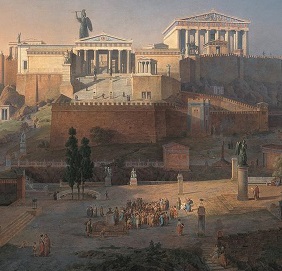
Tuesday May 30, 2017
And Justice for All: Plato's Republic with Dr. Virginia Arbery
Tuesday May 30, 2017
Tuesday May 30, 2017
Politics had become a mess as politicians and their constituents gave up seeking the common good for seeking more goods for themselves and their friends. Rampant individualism was the rule of the day and justice, if mentioned at all, was merely a pretext for self-seeking.
Against that backdrop of a decaying political culture, Plato wrote The Republic. In it Socrates challenged the prevailing notions of justice and described what he viewed as true justice in individuals and in society.
Dr. Virginia Arbery, Associate Professor of Humanities at Wyoming Catholic College holds a doctorate in Political Philosophy from The University of Dallas. She has a great love for The Republic, happily sharing the book with her students and with us.
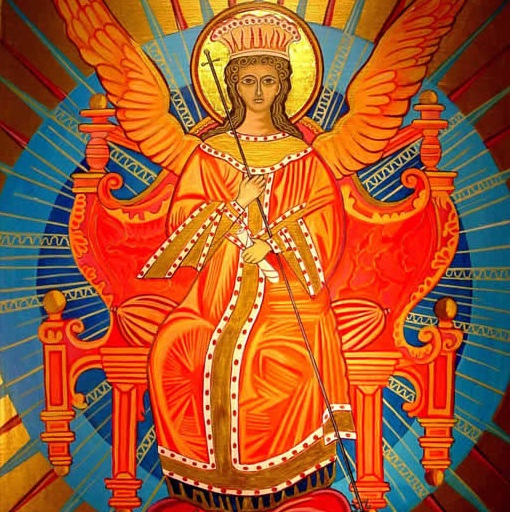
Tuesday May 23, 2017
The Book of Wisdom and the Path of Life with Dr. Kent Lasnoski
Tuesday May 23, 2017
Tuesday May 23, 2017
In St. Luke’s brief description of Jesus as a child, he emphasized that Jesus grew in wisdom. That is, Jesus not only learned the Scriptures, but went beyond learning information to learning how to live well under the good laws and just reign of God. In learning the Scriptures, Jesus would have read, studied, and memorized the sayings in the Old Testament wisdom books including the Book of Wisdom sometimes known as the Wisdom of Solomon.
Dr. Kent Lasnoski, Assistant Professor of Theology here at Wyoming Catholic College explains wisdom literature generally and the Book of Wisdom in particular.
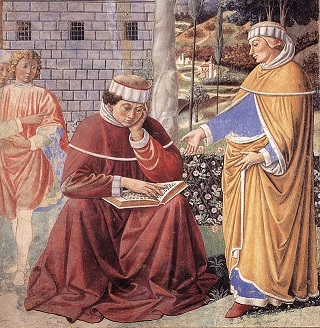
Tuesday May 16, 2017
Books, Reading, and Changed Lives with Fr. Robert Sirico
Tuesday May 16, 2017
Tuesday May 16, 2017
It was the 1970s and the young radical noticed the politically conservative bumper stickers on the car of a new acquaintance and an argument began immediately. It was hot and heavy until the radical’s new friend stopped and said, “You are delightfully dumb. I am going to undertake the task of educating you.”
The “delightfully dumb” radical is known today as Fr. Robert Sirico, a Catholic priest and president and founder of The Acton Institute. The story of how a ‘70s radical became a stalwart defender of Christian truth and economic liberty involves a huge pile of book.
Fr. Sirico, our guest on this podcast, was the commencement speaker at Wyoming Catholic College this past weekend
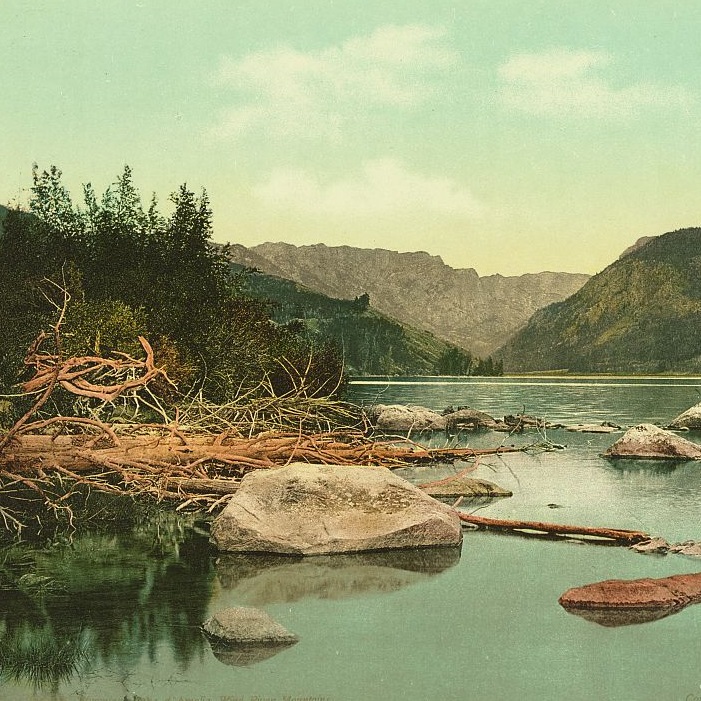
Monday May 08, 2017
Monday May 08, 2017
You may already be aware that Wyoming Catholic College freshmen begin their four-year journey into the Liberal Arts with a twenty-one day journey into the Wyoming Wilderness. What you may not know is that the freshman expedition is an integral part of their liberal arts education. It prepares them intellectually and spiritually for their studies.
Immersed in the natural world, they gaze at the stars, they marvel at speckled trout, they grasp stony crags at the summit of mountains topping 12,000 feet, they look into the faces of wildflowers, and they shudder at the voice of the thunder. Through it all, the feeling of awe, of wonder grows and with it the desire to know.
To talk about why encountering nature is so vital in a Liberal Arts education, we are joined by Dr. Stanley Grove, Assistant Professor of Philosophy. Dr. Grove in addition to being a great outdoorsman himself spends hours in the woods and meadows around Lander teaching field science.
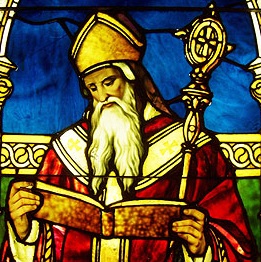
Tuesday May 02, 2017
Take Up and Read: St. Augustine's On Christian Doctrine with Dr. Kent Lasnoski
Tuesday May 02, 2017
Tuesday May 02, 2017
In On Christian Doctrine, St. Augustine of Hippo (AD 354-430) offers a guide for interpreting and expounding Scripture. “There are certain precepts for treating the Scriptures,” he wrote, “which I think may not inconveniently be transmitted to students, so that they may profit not only from reading the work of expositors, but also in their own explanations of the sacred writings to others.”
That is, he produced a practical guide with rules for interpreting the Bible and for explaining the Bible to other people.
Freshmen at Wyoming Catholic College have been reading On Christian Doctrine and their professor, Dr. Kent Lasnoski who is our guest on this podcast.
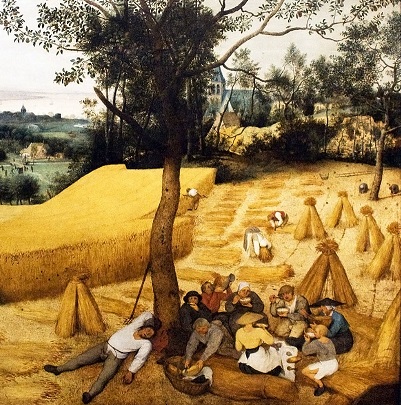
Tuesday Apr 25, 2017
The Splendor of Imagination with Dr. Glenn Arbery
Tuesday Apr 25, 2017
Tuesday Apr 25, 2017
Wyoming Catholic’s founding document, our “Philosophical Vision Statement,” talks a great deal about the imagination. “The College will,” it states, “seek to educate the whole person—the mind, heart, and imagination.”
Imagination is vital because it is the way we see the world around us, the way we image reality before we even think about it. As American humorist Mark Twain observed, “You can’t depend on your eyes when your imagination is out of focus.” Fortunately our imaginations are not fixed, but can be properly focused for the good through worship, through study and community, and through encountering the beauty and power of Creation.
To talk about imagination and how we form Catholic imaginations in ourselves, in our students, and in our children, we have with us Dr. Glenn Arbery, President of Wyoming Catholic College.
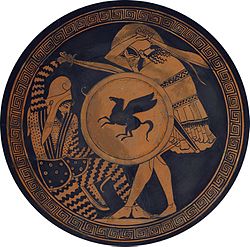
Tuesday Apr 18, 2017
The Greeks, the Persians, and the Father of History with Dr. Virginia Arbery
Tuesday Apr 18, 2017
Tuesday Apr 18, 2017
Twentieth century philosopher of history, R. G. Collingwood said that the study of history was in essence “an attempt to understand the present by reconstructing its determining conditions.” And thus it has been since the beginning of the writing of history with the author often called “The Father of History,” the ancient Greek historian Herodotus.
At Wyoming Catholic College, student's read Herodotus' sprawling account of the war between the Greeks and the Persians with Dr. Virginia Arbery, Associate Professor of Humanities. Dr. Arbery is this week's podcast guest.
N. B.: The transcript of Niall Ferguson's speech "The Decline and Fall of History" is available here.

